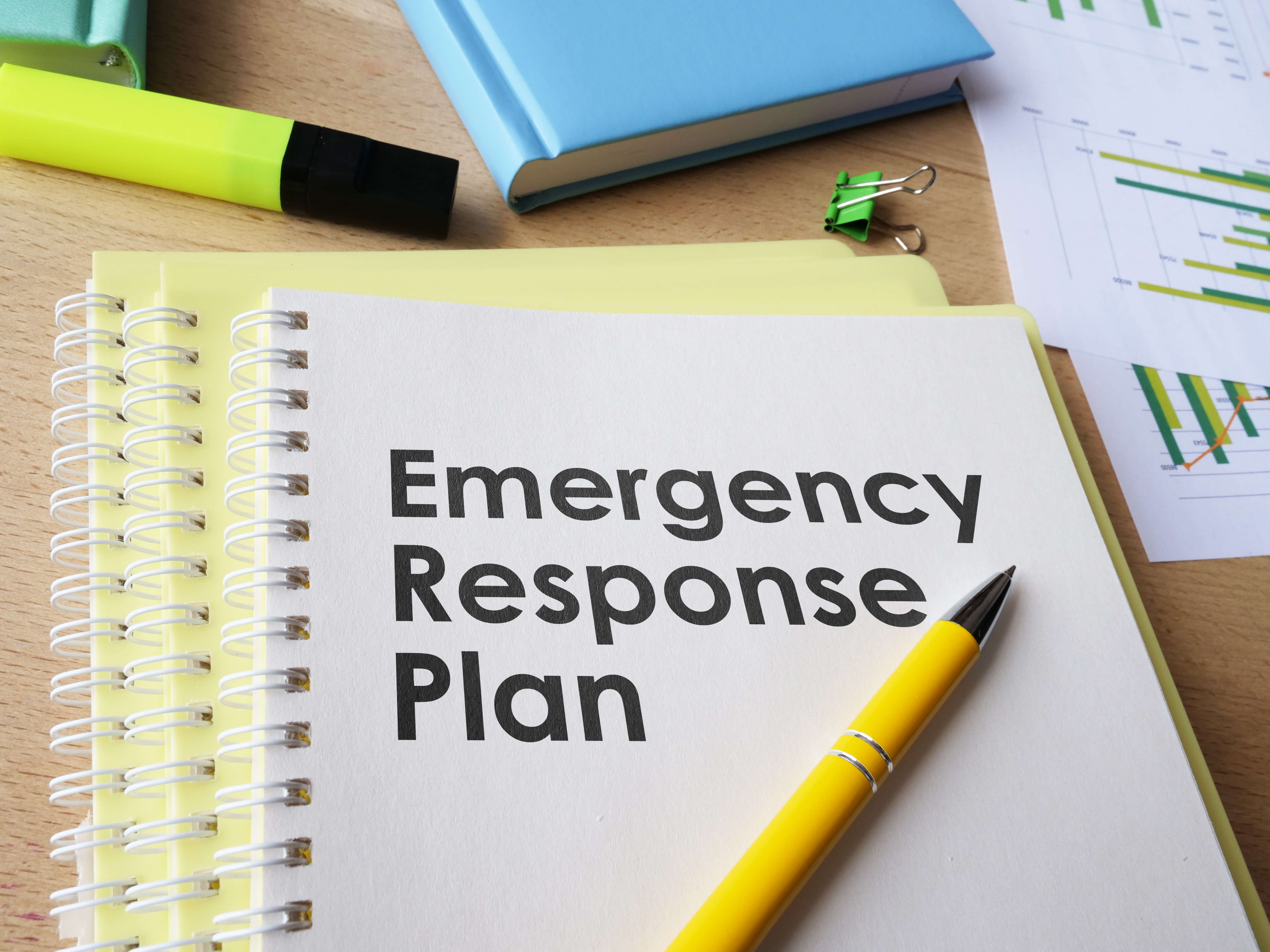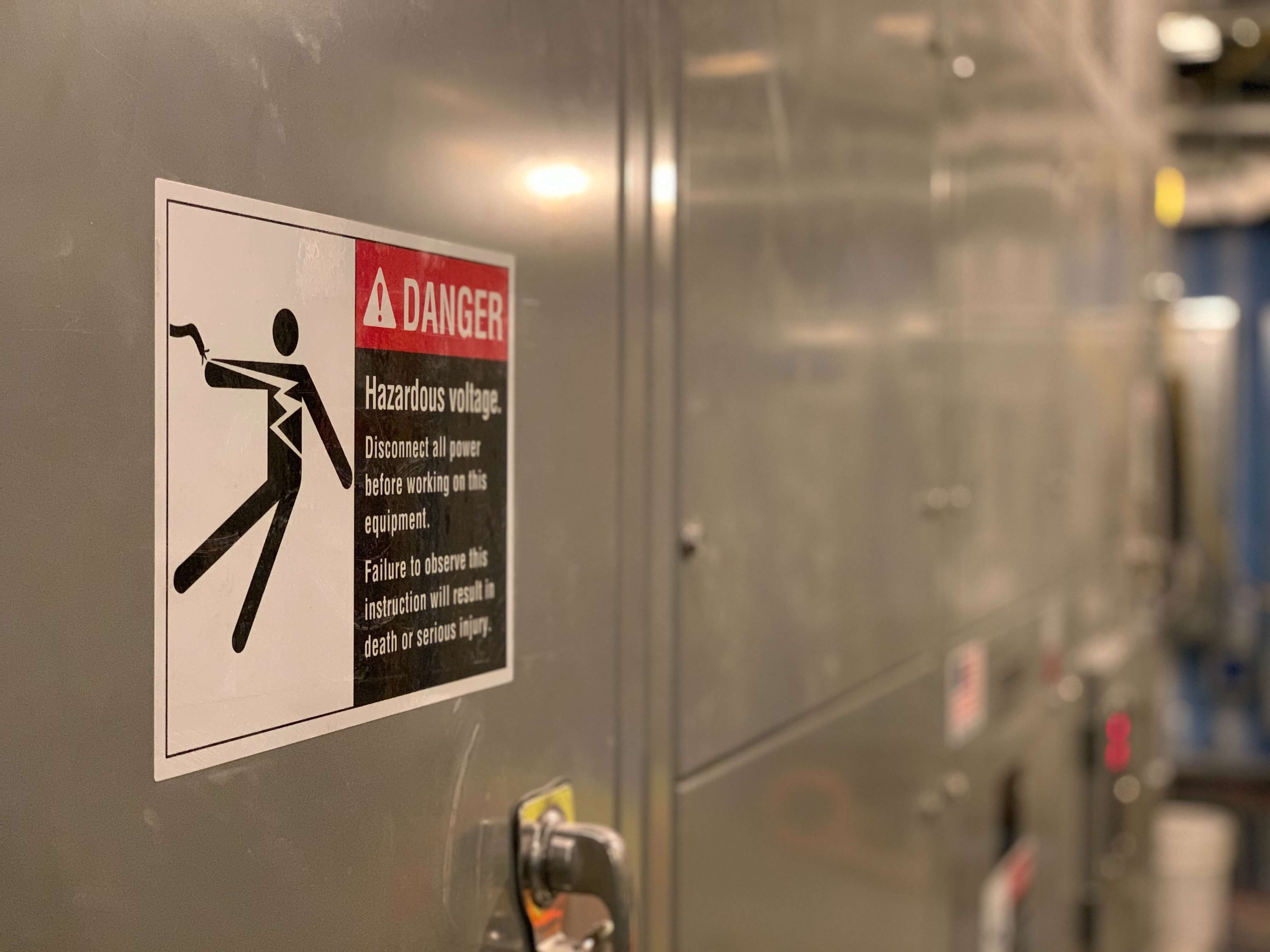The holy month is a time of prayer, fasting and family gatherings. With a Muslim community of some 3 million in the UK, many workers will be affected, with fasting potentially lasting up to 19 hours on warm days.
Ramadan is based on lunar cycles, so moves every year. This year, 2019, it takes place from midnight on 5th May to 4th June, concluding with the celebration of Eid. Managers should consider how best to support workers while ensuring high standards of health & safety during the holy period, when many in the UK’s Muslim community will be fasting.
Fasting: health & safety top tips
What are the risks?
The Health and Safety Executive (HSE) advises employers to review risk assessments if they are no longer valid or if there has been any “significant change”.
There are many work-related scenarios where fasting could be seen as a significant challenge. In situations where workers are engaged in manual labour, for example. Operating safety-critical machinery or working at height, also pose risks. Dehydration (and the possibility of dizziness and fatigue) could have health & safety implications.
How can I effectively manage the safety of my employees during this period?
Options include rearranging work schedules or discussing, with the involvement of the HR department and the affected employee, the possibility of the worker taking leave, possibly at specific times in the day or over a period.
Employers should be vigilant in making sure Muslim staff are coping well health-wise during Ramadan, and staff should be allowed regular breaks to get some fresh air and splash water on their faces to regain concentration and focus. Furthermore, companies must make special considerations for Muslim employees working heavy machinery, as fasting can reduce physical strength and fatigue, and this combination could put the operator and others at risk.
In summary, five top health tips for fasting employees, are as follows.
- Do not skimp on rest and sleep —Workers should still aim to get at least eight hours of sleep during every 24-hour period, even if this is over several separate periods of rest.
- Do more in the morning — where possible, schedule more difficult tasks requiring greater concentration or effort, such as important meetings, in the morning, when energy levels are higher.
- Stagger hydration — thirst can be challenging during fasting, but rehydration should be a cumulative process so it is best to pace liquid intake by consuming at least two litres of water — one or two glasses at a time — between dusk and dawn.
- Beware excess salt and sugar — filling up on sweets and sugary drinks at night can lead to an unhealthy spike in glucose levels and too many salty snacks like popcorn and salted nuts at night will worsen thirst and dehydration during the day.
- Don’t stop exercising altogether — moderate exercise will help fasters feel less sluggish, but it is important to avoid being in the sun for a long time, take frequent breaks, and stop if feeling faint, light-headed or extremely thirsty.
Individuals suffering from specific illnesses should consult their GP’s on how to manage regular medication and to ensure it is safe for them to fast.
Expert Support
If you have any health & safety concerns for any of your employees, speak to a Croner health & safety expert on 01455 858 132.
Related resources
Categories
- Business Advice
- Contracts & Documentation
- Culture & Performance
- Disciplinary & Grievances
- Dismissals & Conduct
- Employee Conduct
- Employment Law
- End of Contract
- Equality & Discrimination
- Health & Safety
- Hiring & Managing
- Leave & Absence
- Managing Health & Safety
- Moving
- Occupational Health
- Pay & Benefits
- Recruitment
- Risk & Welfare



